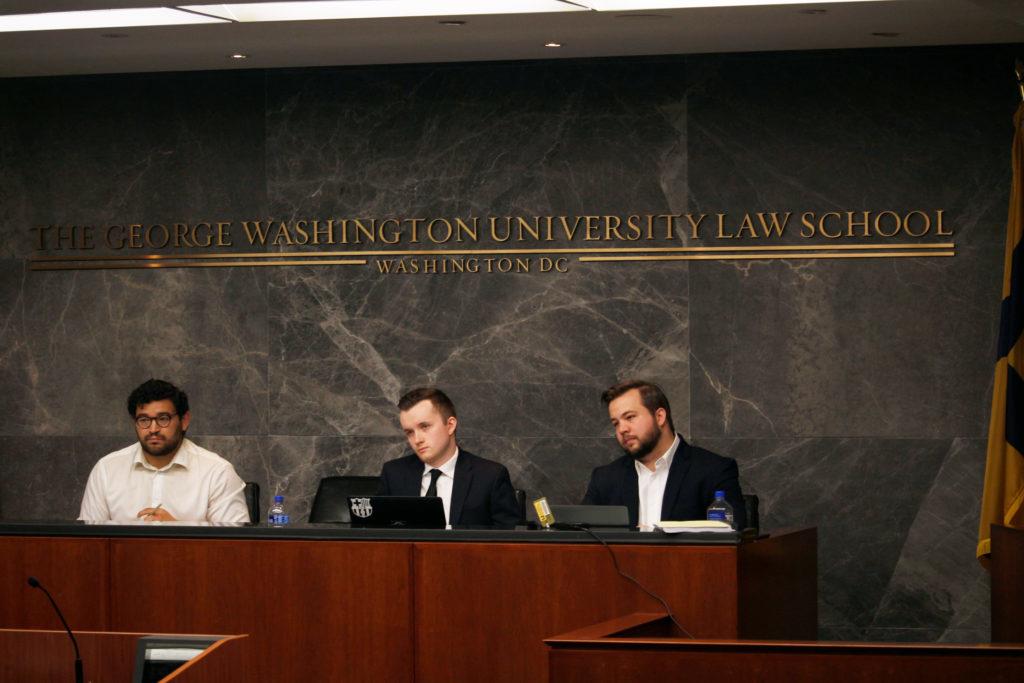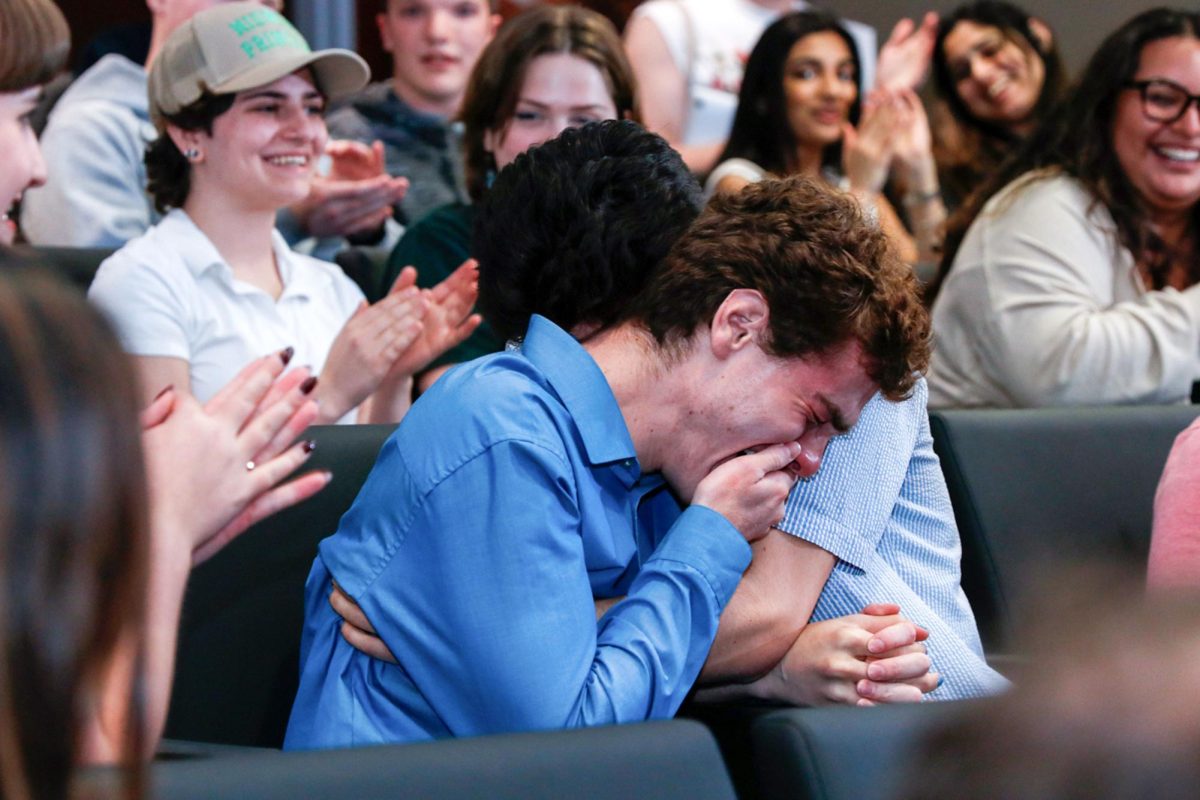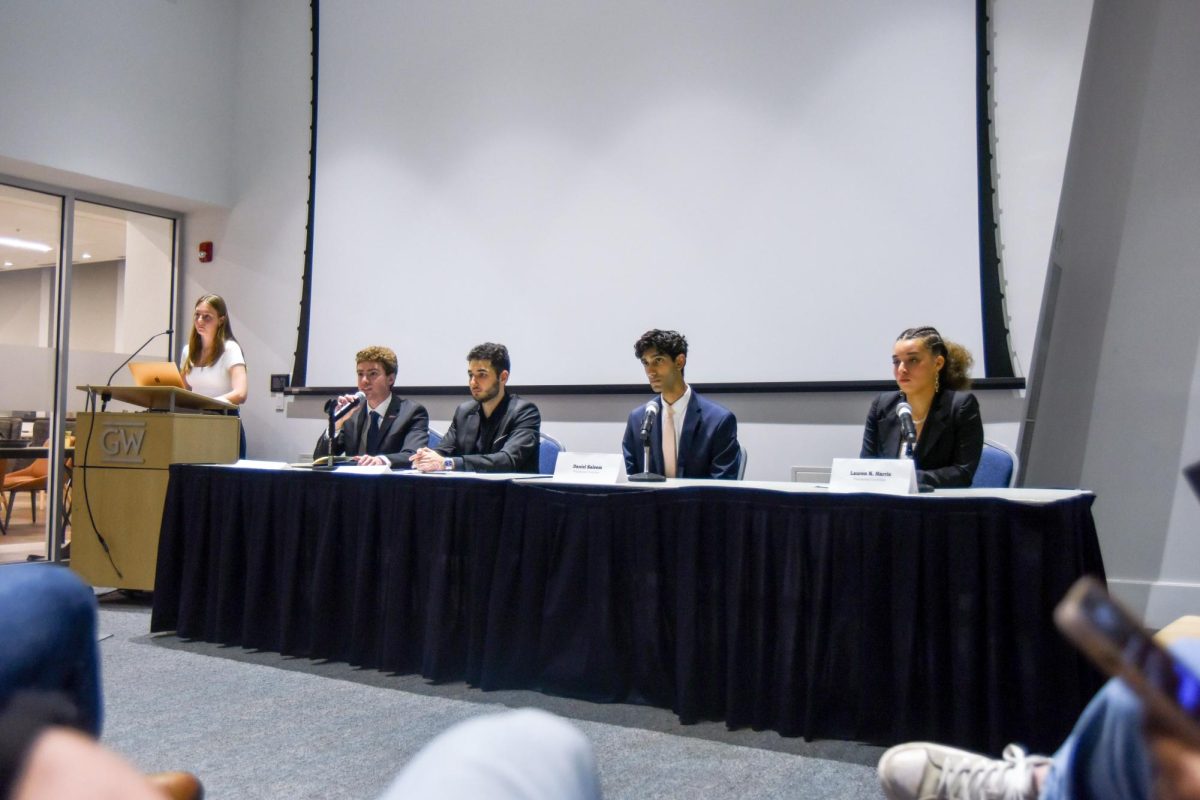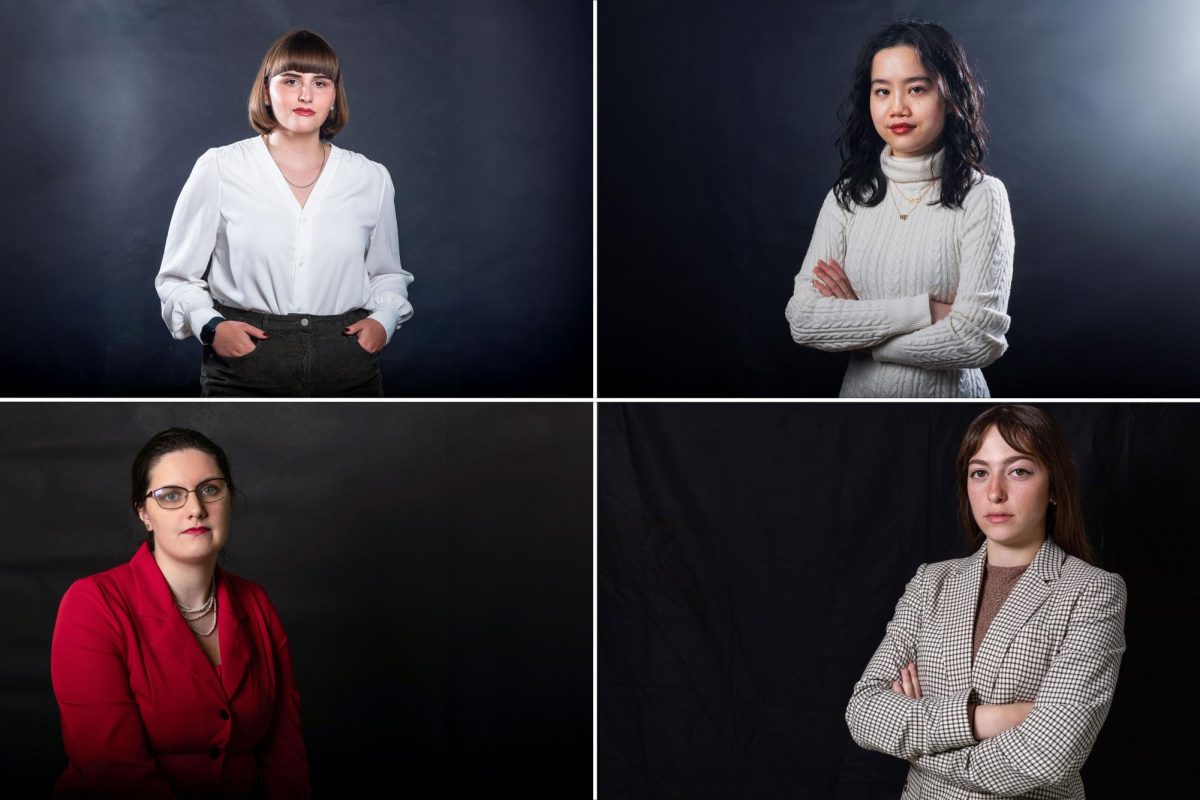Updated: Oct. 3, 2019 at 9:54 a.m.
After a Student Association senator filed a lawsuit alleging that the senate inadequately represents graduate students, the Student Court is asking the senate to decide on the complaint themselves.
The court unanimously voted this week that the senate needs to hold a special meeting within 30 days to decide if a 2018 bill allowing new senators to vote in their second semester gives undergraduate and graduate students adequate representation. Senators will determine if the bill adheres to the Statement on Student Rights and Responsibilities, which states that student government “preserve essential representational equality.”
“It is our hope that this intermediate course will allow the parties to present their arguments fully in front of the decision-making body more apt to resolve questions of its own representation: the senate,” the court’s opinion states.
Students voted in 2018 to grant a maximum of five undergraduate and four graduate students voting privileges after serving one semester in the senate. SA Sen. AJ Link, Law-G, filed a complaint in April claiming that the SA failed to give graduate senators fair representation because the graduate students outnumber undergraduates.
But Logan Basch, the SA’s vice president for judicial and legislative affairs, said in an interview last month that the amendment that changed the number of seats does not violate the organization’s responsibility to adequately represent the student body.
During the special senate meeting, senators will decide whether the 2018 amendment that allowed for the conversion of seats aligns with the SA’s definition of representation, the order states.
“The electorate of a University-wide student government shall consist of the entire student body,” the statement reads. “Any elected members of a governing body representing less than the entire student body shall be elected in such manner as to create or preserve essential representational equality.”
SA Chief Court Justice Wayne Arminivage said the court decided to let the senate decide their definition because the court has previously maintained that it plays a “very limited role” in elections or referenda. He said the senate has historically resolved questions about representation, so the senate should decide representation.
“We are not hoping for either outcome, whether they find that it does or does not comport with the amendment, but we’re hoping that the senate answers the question that fits their constitutional duties and in a way that doesn’t require the court to overstep its bounds,” Arminivage said.
He said that if senators determine that the 2018 amendment violates the senate’s definition of representation, then senators must decide on legislation that addresses issues of apportionment and representation.
The senate rejected a proposed referendum by Link, who filed the complaint in April, in February that would have asked students whether all students should gain voting rights once they are elected or appointed. Link said at a senate meeting that month that the referendum would have have required an additional election for freshman senators in the fall, and a senator would represent their class instead of the whole undergraduate population.
Arminivage said if the senate finds that the amendment violates the group’s definition, the amendment becomes “invalid” and senators who will serve their second term this spring cannot vote. Senate seats that were already converted in January will not be affected, he said.
“We don’t want to stop the great work that the senate does,” he said. “The senate is going to work as the senate works and that’s something that we wanted to preserve so we’re not going to disturb any votes or any voting rights that exists.”
SA Executive Vice President Amy Martin said this year’s senate, including newly appointed first year students, have not had the opportunity to fully discuss allotment and representation in the senate.
“We hadn’t actually truly come to a stalemate, in my opinion,” she said. “When the senate is at a stalemate, that can be when it’s a good time for the court to step in.”
Basch, the SA’s vice president for judicial and legislative affairs, said if the senate votes that the amendment does not meet the definition of representational equality, the senate could ask the student body to decide through a referendum.
Basch said if the senate moves to hold a referendum, the group might hold the vote this semester so first-year undergraduate and graduate senate seats can be converted in the spring. Senators appointed this fall joined the SA assuming that they could gain voting powers next semester and would likely vote in favor of maintaining the senate’s ability to convert seats, he said.
“People don’t typically want to join the SA if they can’t really have an impactful voice or as impactful of a voice as a voting senator has compared to a non-voting senator,” he said.
Link, who brought the case against the SA, said that he originally sought the court to file an injunction – which would prohibit the senate from passing new legislation until the group re-apportioned seats – if the court voted in favor of him. He said he did not seek an injunction to overturn the bill or senate constitution, but he wanted the court to force the senate to take action.
“I just wanted the court to say that the legislature needs to take more appropriate steps, which is essentially what they asked the senate to do, and that order was to take more appropriate steps,” Link said.
This post was updated to correct the following:
The Hatchet incorrectly reported that a bill last year would convert four undergraduate-at-large seats and five graduate-at-large seats. The bill would convert to five undergraduate-at-large seats and four graduate-at-large seats. We regret this error.








